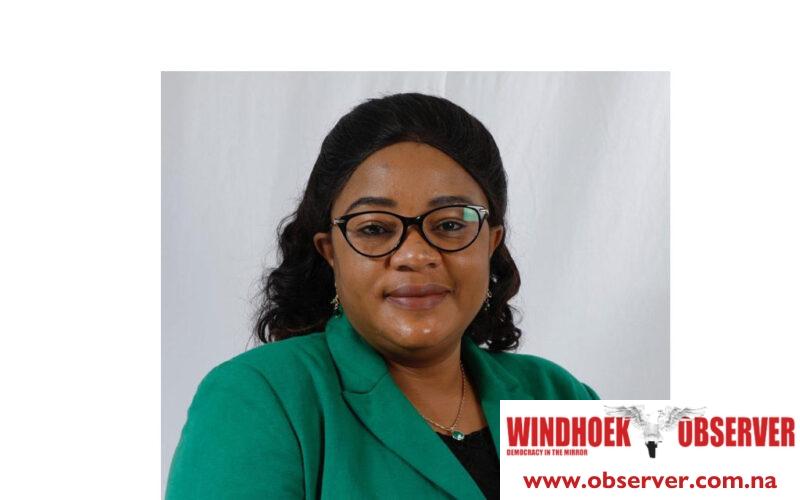Stefanus Nashama
The Deputy Minister of Trade and Industrialisation, Verna Sinimbo, has made an appeal to international and development partners for the supply of expertise in trade and economic diversification.
Speaking at a consultative workshop on skills for trade and economic diversification held in Windhoek, Sinimbo stressed that the days when trade was limited to the exchange of physical goods were long gone.
She stressed that Namibia’s competitiveness in the global trade arena depends on the skills of its workforce.
“A highly skilled labour force not only enhances productivity but also positions us as a preferred partner in international trade agreements,” she emphasized.
The workshop aims to facilitate discussions and expertise sharing on strategic coordination between trade, investment, development, and skills policies. Sinimbo pointed out that as Namibia seeks to expand its trade horizons, it must invest in developing skills that align with the demands of emerging industries, technological advancements, and global market trends.
“It is imperative to build an innovative economy that will expand the trade market, ensuring sustainable economic growth and diversification,” she said.
The deputy minister underscored the importance of economic diversification for long-term economic health and stability.
She also highlighted the risks associated with vulnerability to market fluctuations and global demand changes, stating that diversification helps spread this risk across multiple sectors.
“Diversified economies are better equipped to handle global economic shocks. For instance, countries reliant on oil exports can suffer greatly when oil prices drop, whereas those with a more varied economic base can better weather such downturns,” she explained.
Sinimbo pointed out that accessing new markets can lead to increased business success, revenue growth, and a reduction in unemployment.
However, she reiterated that this is only possible when the Namibian economy is diversified and a new trade market efficiently operates between different countries.
The Deputy Minister urged the workshop delegates to establish a stable foundation for sustainable skills development in Namibia to achieve the required objectives in economic skills, trade, and diversification.
She also called on the private sector to foster partnerships that will lead to a more efficient, practical, and relevant education system that prepares students for the challenges of the modern workforce.
Delegates from various African countries are attending the workshop.




